China accuses Trump of blackmail with new tariff threats
China’s Commerce Ministry has accused US President Donald Trump of seeking “blackmail” by threatening to impose new tariffs on Chinese products, warning of retaliatory measures.
Trump on Monday promised to impose 10-percent tariffs on an additional $200 billion in Chinese imports, citing Beijing’s “unacceptable” move to raise its own tariffs, which themselves had come in retaliation for another White House tariff introduction.
The US president said he had directed the US Trade Representative to identify $200 billion worth of imports for additional tariffs.
Trump stressed that he would identify another $200 billion in tariffs if China retaliated the new measures.
On Friday, the US president announced 25-percent tariffs on $50 billion of Chinese imports, prompting China to retaliate with matching duties on US goods. Back then, Trump warned of “additional tariffs” should Beijing hit back with tit-for-tat measures.
China’s Commerce Ministry said on Tuesday, saying the US “practice of extreme pressure and blackmail departed from the consensus reached by both sides during multiple negotiations and has also greatly disappointed international society.”
“If the US acts irrationally and issues a list, China will have no choice but to take comprehensive measures of a corresponding number and quality and take strong, powerful countermeasures,” it added.

While Trump has resorted to tariffs with enthusiasm, many at home, including the US business community and many Republicans in Congress, are strongly opposing them, saying tariffs and other trade barriers make Americans poorer and raise prices.
Trump’s own Treasury Secretary Steven Mnuchin had previously indicated that no trade war would be waged on China, and had attempted to negotiate trade differences.
Several rounds of negations, however, failed to resolve the issue; and Trump’s latest decisions have again raised concerns that the US economy would be affected. Reuters reported on Tuesday that the dollar had already weakened after Trump’s comments.
The US has also been engaged in what is effectively a trade war with its European allies as well as Japan and Canada.
IRGC intelligence forces capture agent linked to foreign espionage service
VIDEO | Palestinians in Yarmouk Camp cling to hope and determination
Israel preparing to stay in southern Lebanon after ceasefire: Report
Israeli pressure on Hamas ‘hardly helped’; swap deal necessary: Ex-Mossad chief
Far-right Israeli minister Ben-Gvir again storms al-Aqsa Mosque
Iran: Israel’s attack on journalists’ vehicle in Gaza amounts to ‘war crime’
VIDEO | Israel’s war spending
Palestine Action wins again


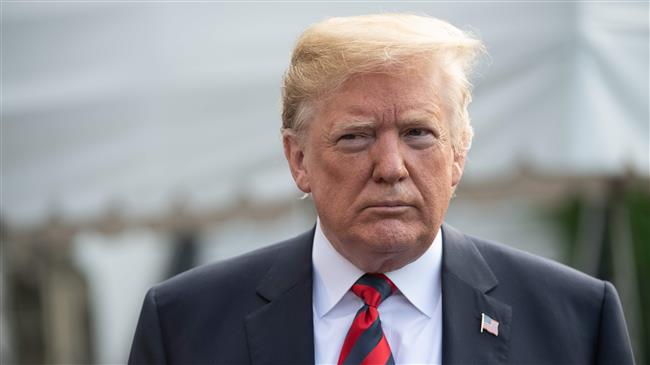


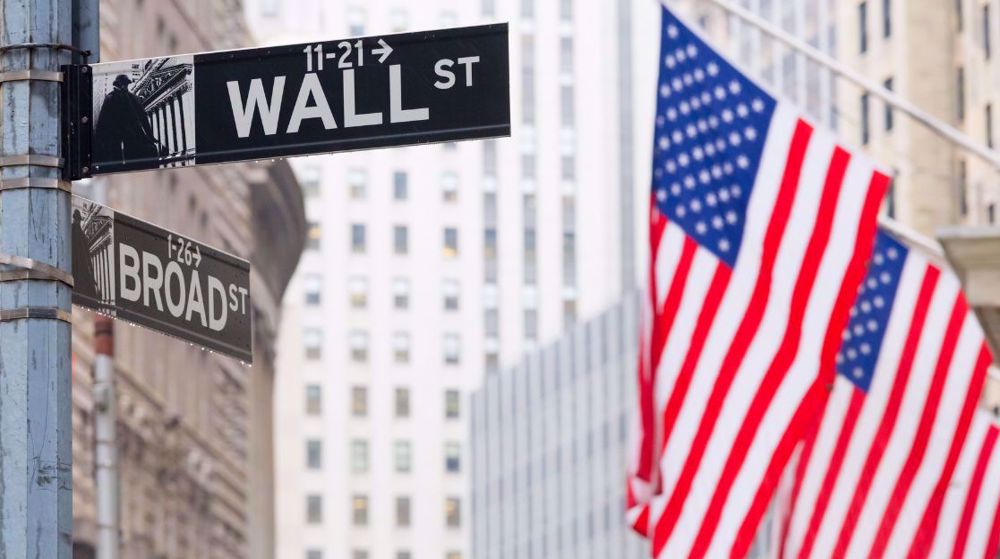




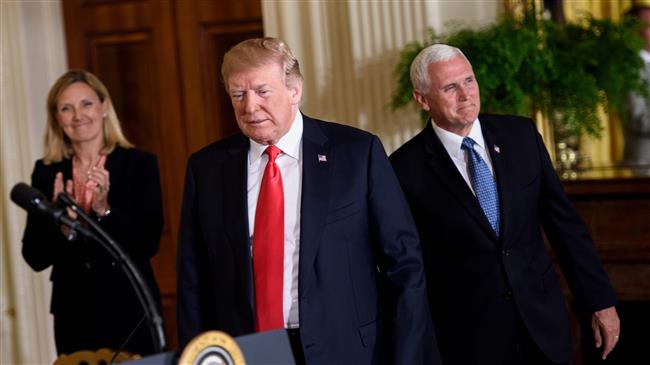
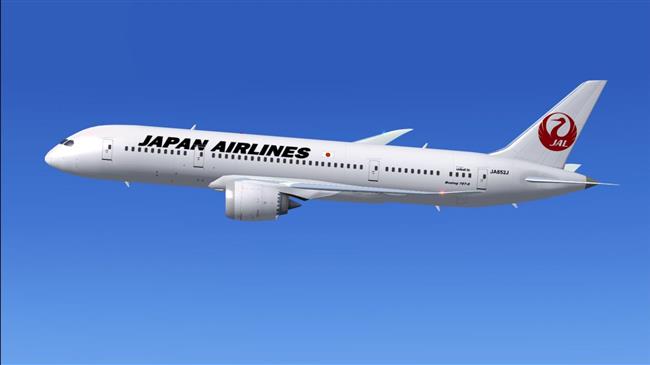

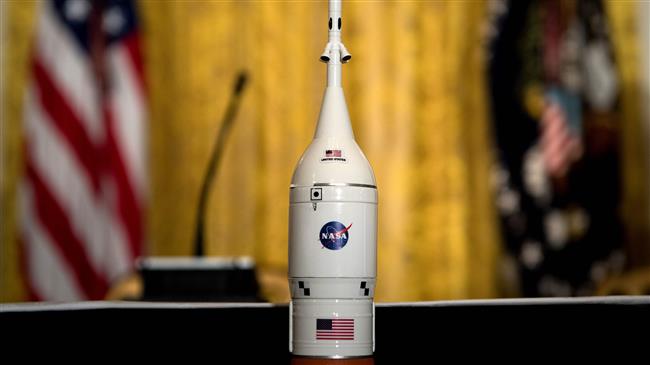

 This makes it easy to access the Press TV website
This makes it easy to access the Press TV website